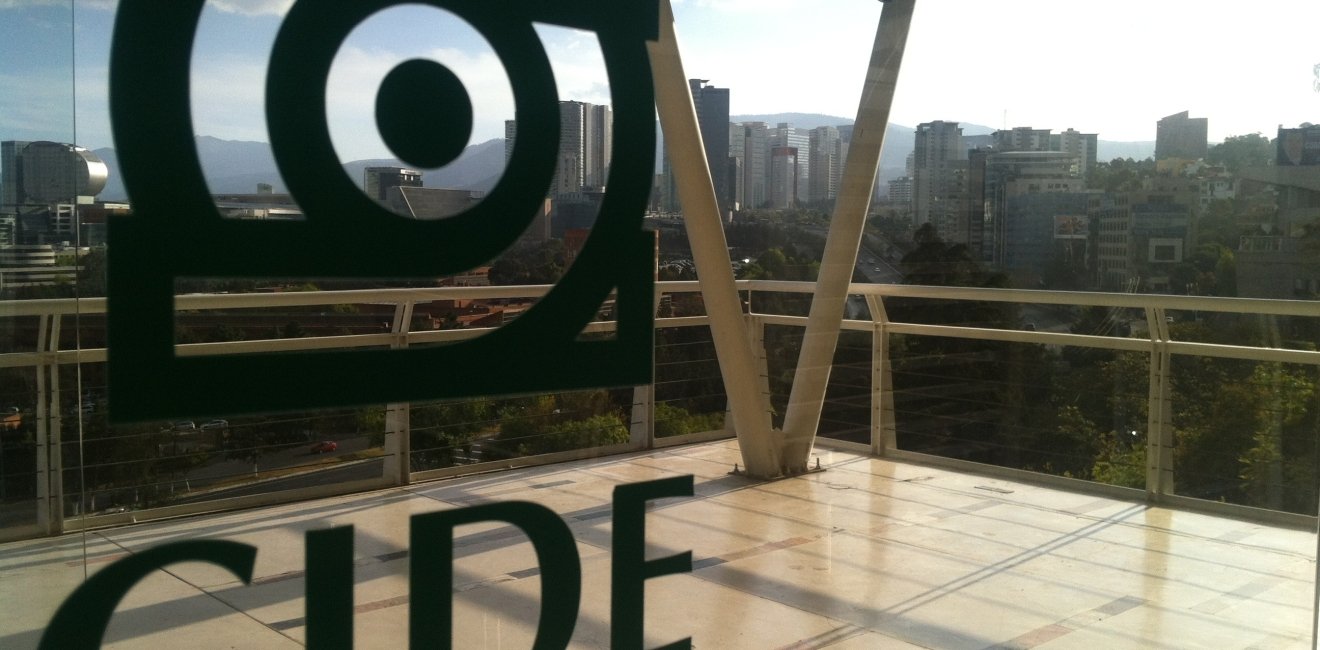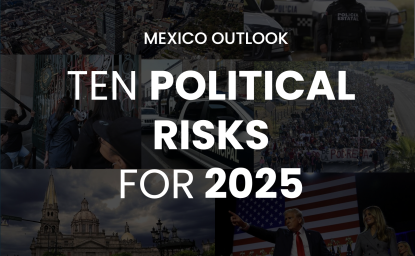At the Center for Research and Teaching in Economics (CIDE), we have the great fortune of having historian and journalist colleagues. The former peer through the window and watch events with a long-term perspective; the latter narrate as things happen.
Journalists inform us that the assault on academic freedom occurs today from Viktor Orban’s Hungary to Jair Bolsonaro’s Brazil. From Narendra Modi’s India to Daniel Ortega’s Nicaragua. From Recep Tayyip Erdogan’s Turkey to Nayib Bukele’s El Salvador.
Political leaders’ path to intervene, capture, and destroy institutions whose members are critical of the government’s performance and therefore are “enemies of the people” tends to go as follows:
- Accusations of generalized corruption.
There is no need to present evidence. They attempt to stigmatize: “They are corrupt, they conduct personal business, they launder money.” On October 8, 2020, the government promised to present within ten days a diagnosis of irregularities in the operations of public trusts. It never came.
- Escalation from accusations in the media to criminal charges.
Ms. Buylla accused the 31 researchers of the Scientific and Technological Forum of participating in organized crime to incarcerate them. The judiciary has not delivered arrest warrants because the charges were unfounded.
-
Reality does not matter.
The accusations of elitism and privilege are repeated without considering the facts. CIDE is an instrument of social mobility in Mexico. Before the pandemic, 133 students of 433 applicants were admitted for the Class of 2020: 4 out of every 10 were women, and 6 out of every 10 were from states outside of central Mexico. Of all those admitted, 95 applied for financial aid to conduct their studies:
• 1 out of every 10 reported a monthly household income under 10,000 pesos
• 3 out of every 10 reported a monthly household income under 20,000 pesos
-
Labeling them as political-partisan opponents.
The walls close in. In the next phase, academics are accused of being another front for opposition parties. It does not matter that the CIDE had exercised critical thought invariably under PRI, PAN, and MORENA administrations.
The “Scholars at Risk” network is documenting the events unfolding in our country. Does the Mexican government identify with the oppressive regimes that undermine academic freedom?
The historian Rafael Rojas @librocrepusculo, who worked for a decade in CIDE, points out: “If a whole academic community is lumped with the enemy by the presidential power, it is logical for excommunication and rejection to predominate while dealing with the institution.”
After the attack on CIDE’s legality on January 24th (when its by-laws were illegally amended), that is what we see: the government does not care if the conflict sours so long as it does not entail political costs for the president of Mexico.
Mexico is experiencing a moment of democratic erosion. I cite @UgoPipitone: backsliding can only be overcome with democracy: negotiated rules, independent social organization, and collective control of institutions. I also echo historian Jean Meyer: in CIDE, we will continue in the resistance along with universities across the entire country.
Originally published in El Universal on January 28th
Carlos Heredia is an associate professor at @CIDE_MX
@Carlos_Tampico
Author

Associate Professor, Centro de Investigación y Docencia Económicas (CIDE)

Mexico Institute
The Mexico Institute seeks to improve understanding, communication, and cooperation between Mexico and the United States by promoting original research, encouraging public discussion, and proposing policy options for enhancing the bilateral relationship. A binational Advisory Board, chaired by Luis Téllez and Earl Anthony Wayne, oversees the work of the Mexico Institute. Read more

Explore More
Browse Insights & Analysis
Imamoglu’s Arrest Sparks Nationwide Unrest and Raises Fears for Turkish Democracy



